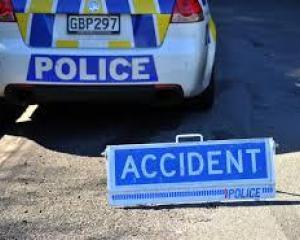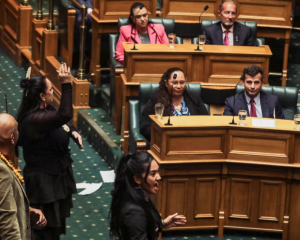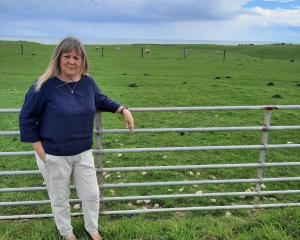
“We’ve put up with it for far too long. The noise, the danger, the disruption – enough is enough,” he said.
Dunlay, who has lived on Brittan Tce in Lyttelton for nearly 30 years, said boy racers have made life miserable for communities across Banks Peninsula.
“Every weekend, the same thing happens. Dyers Pass, Lyttelton, Governors Bay, Cass Bay and Gebbies Valley all taken over by convoys of modified cars and dangerous driving.
“People are scared to leave their homes or walk their dogs at night. It’s not just antisocial, it’s intimidation.”
The Government has outlined extensive new laws aimed at putting the brakes on illegal street racing including:
- Increasing fines for excessive vehicle noise from $50 to $300
- Giving police greater powers to shut down illegal gatherings
- Enabling police to seize and destroy vehicles of repeat or fleeing offenders
Dunlay said while these changes are welcome, he wants to see the city council and police go further, drawing on ideas that have worked in other parts of the country and overseas.
“In places like Hamilton, they’re using acoustic cameras that detect illegal vehicle noise in real time. In Auckland, physical deterrents like speed humps and chicanes have been installed in known hotspots.
“In Dunedin, police have trialled stopping repeat offenders from entering certain streets at night.
“Overseas, cities in the UK have successfully implemented Public Space Protection Orders to ban street racing in specific areas, backed by real enforcement.
“Some councils in Australia have even created designated track nights to channel car culture away from public streets.”
Dunlay wants Christchurch to adopt a similar toolkit of interventions, combining enforcement with community-based deterrents.
“We should be using CCTV and noise monitoring more strategically and we should be backing police with the tools and funding they need to act.”
-APL












